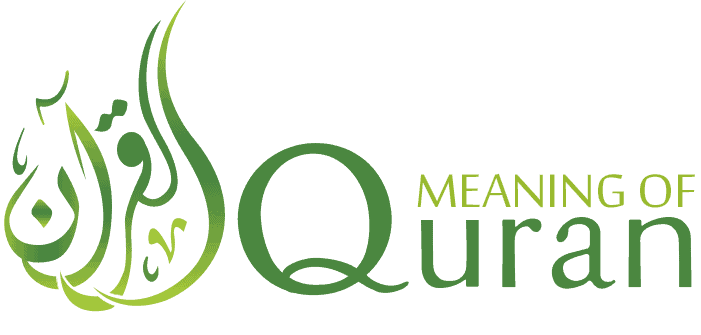Al-Ikhlas | The Sincerity
With the name of Allah, the All-Merciful, the Very-Merciful.
[112:1] Say, The truth is that Allah is One.
[112:2] Allah is Besought of all, needing none.
[112:3] He neither begot anyone nor was he begotten.
[112:4] And equal to Him has never been anyone.
With the name of Allah, the All-Merciful, the Very-Merciful.
[112:1] Say, The truth is that Allah is One.
[112:2] Allah is Besought of all, needing none.
[112:3] He neither begot anyone nor was he begotten.
[112:4] And equal to Him has never been anyone.
Tafsir
Overview of Surah Al-Ikhlas
- Title and Position: Surah Al-Ikhlas is the 112th chapter of the Quran. The title “Al-Ikhlas” translates to “Sincerity” or “Purity of Faith,” reflecting the surah’s emphasis on the pure, monotheistic concept of God in Islam.
- Verses and Structure: This surah contains 4 verses. It is a concise yet profound declaration of the nature of Allah, emphasizing His uniqueness, eternity, and self-sufficiency.
- Themes and Messages: The primary themes include the oneness of Allah, the rejection of anthropomorphism, and the clarification that Allah is beyond comparison. It serves as a foundational text defining the Islamic concept of God.
- Significance in Islamic Thought: Surah Al-Ikhlas is significant for its succinct and clear articulation of Tawheed (Islamic monotheism). It’s considered equivalent to one-third of the Quran in terms of its thematic importance and is a crucial text for understanding Islamic theology.
Detailed Explanation
- Affirmation of Monotheism: The surah begins by declaring that Allah is One, a fundamental assertion that establishes the core of Islamic belief in strict monotheism.
- Rejection of Attributes of Creation: It asserts that Allah is As-Samad (the Self-Sufficient Master, Eternal, Absolute), indicating that He is not dependent on anything or anyone, unlike His creation.
- Denial of Lineage: The surah explicitly states that Allah begets not, nor was He begotten, rejecting any notions of God having family or lineage, which distinguishes Islamic monotheism from other religious beliefs that attribute human characteristics to the Divine.
- Uniqueness of Allah: The closing verse asserts that there is nothing comparable to Allah, emphasizing His incomparability and uniqueness, which negates any form of idolatry or anthropomorphism.
FAQs
- Why is Surah Al-Ikhlas considered equivalent to one-third of the Quran?
- It’s considered equivalent to one-third of the Quran because it encapsulates the essence of the Quran’s message regarding the nature of God, covering the core principles of Islamic monotheism comprehensively.
- How does Surah Al-Ikhlas contribute to understanding Islamic theology?
- It provides a clear and concise description of who Allah is and who He is not, serving as a fundamental text that aids in grasping the foundational concepts of Islamic theology regarding God’s nature.
- What is the importance of reciting Surah Al-Ikhlas in Islamic practice?
- Due to its profound emphasis on monotheism, reciting Surah Al-Ikhlas is a means of reaffirming one’s belief in the oneness of Allah, and it’s frequently recited in daily prayers, upon various occasions, and in acts of devotion.
- What can Muslims learn from Surah Al-Ikhlas?
- Muslims learn the essence of Tawheed, the importance of maintaining a pure belief in the oneness of Allah, and the need to conceptualize God free from human limitations or characteristics.
- It’s considered equivalent to one-third of the Quran because it encapsulates the essence of the Quran’s message regarding the nature of God, covering the core principles of Islamic monotheism comprehensively.
- It provides a clear and concise description of who Allah is and who He is not, serving as a fundamental text that aids in grasping the foundational concepts of Islamic theology regarding God’s nature.
- Due to its profound emphasis on monotheism, reciting Surah Al-Ikhlas is a means of reaffirming one’s belief in the oneness of Allah, and it’s frequently recited in daily prayers, upon various occasions, and in acts of devotion.
- Muslims learn the essence of Tawheed, the importance of maintaining a pure belief in the oneness of Allah, and the need to conceptualize God free from human limitations or characteristics.
Read more
